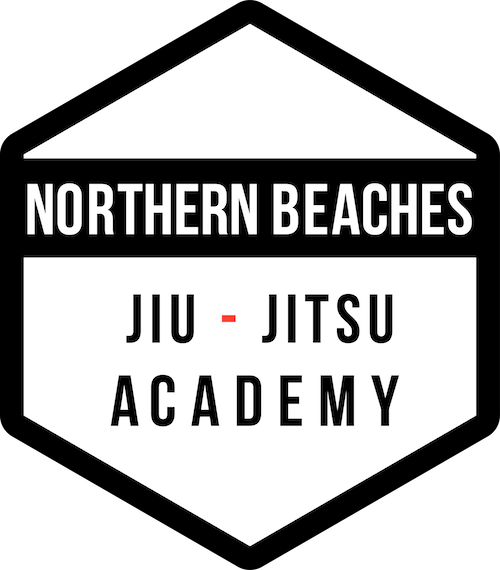How to train jiu-jitsu for longer
BJJ can take a lot out of us physically, why wouldn't you consult and utilise some or all of the following professionals or practices?
Strength and Conditioning Coach: I despise training for training's sake; my sessions need to a purpose and a goal. And for me, that purpose is improving my BJJ. Working with several S&C Coaches over the years has developed not only my body but also my knowledge base. An excellent S&C Coach is akin to having a good BJJ Coach; they are going highlight and force you to close up the holes in your armour.
Chiropractor: A great Chiropractor can help you get "unstuck" and speed up your recovery. There are different schools of thought in Chiropractic work, so make sure you find one that's right for you.
Massage Therapy: Massage is considered a treat or luxury by many, but in my opinion, it is therapy. I am not a fan of the spa massage, but I regularly see a good sports massage therapist who practices multiple modalities such as myofascial release, deep tissue, reflexology, trigger point, and lymphatic drainage.
Acupuncture: An ancient method of healing used in TCM (Traditional Chinese Medicine) for centuries, energy meridians are unblocked through the use of tiny needles that are inserted into different pathways of the body. They usually don't hurt and can be a very effective way of treating soft tissue injuries, sickness, pain, insomnia, and a whole range of complaints.
Yoga: We contract and shorten our muscles so much in our training and rolling that we can create long-term postural damage if we don't do something to reverse the mechanics which can leave our body's a compromised state, this can lead to injury and time off training. Yoga For BJJ has a fantastic YouTube channel and is an excellent place to get your yoga practice started.
Hot and cold training: Having access to saunas and ice baths and, ideally moving between the two, can be an extremely effective way to calm the nervous system and help you to relax and recover. If you have a heart condition, consult with a medical professional first, but hot and cold exposure can be an excellent way to tap into your nervous system, reduce inflammation and expel toxins from your system. For those who are looking for something a little bit less extreme, going back and forth from a hot shower to a cold bath is an excellent way to get used to this method as you work your way up to ice baths and saunas.
Meditation: If you struggle to calm the body, sometimes it helps to start with the mind. Quietening the mind for 5 to 10 minutes a day is a great way to relax, reset and recharge. If you don't know how to meditate, there are several apps (Headspace or Calm) and YouTube channels that can guide through.
HRV training: Heart rate variability training involves simple breath work and a heart rate monitor. Learning how to access your heart through your breath can be a powerful way to manage your physical and mental state. It can be an excellent tool for times of stress and can help you with recovery as well. There are plenty of smartphone apps that pair with a heart rate monitor. This method of training is also a great way to learn how to control your breathing and thoughts when you are rolling and find yourself in a submission or a compromised position.
